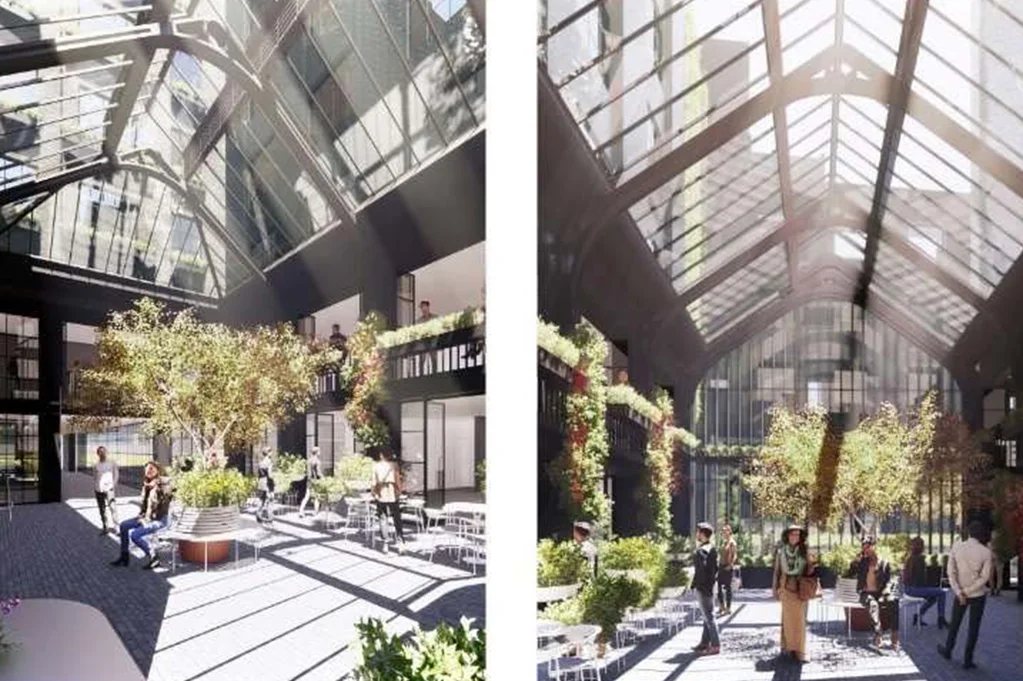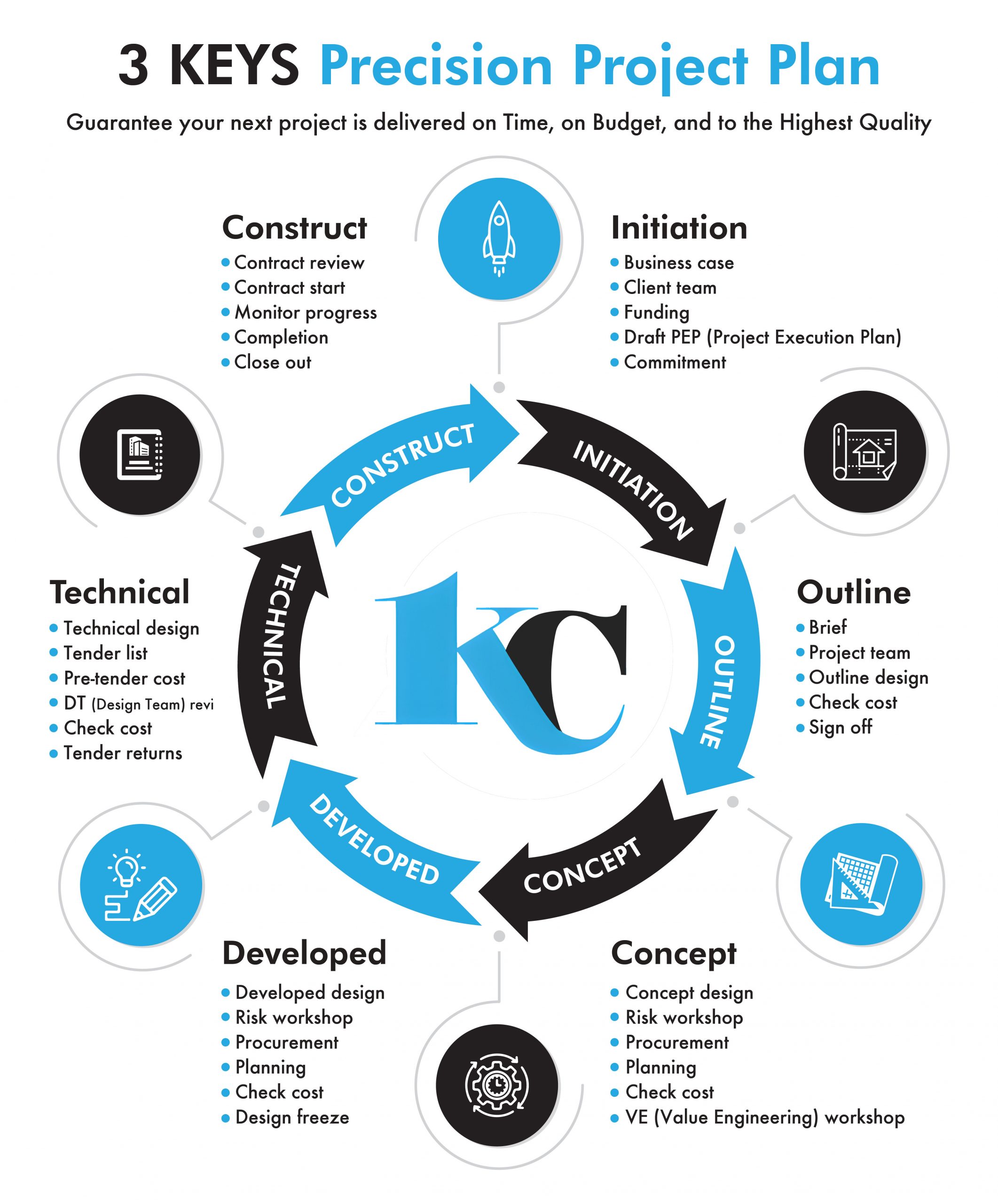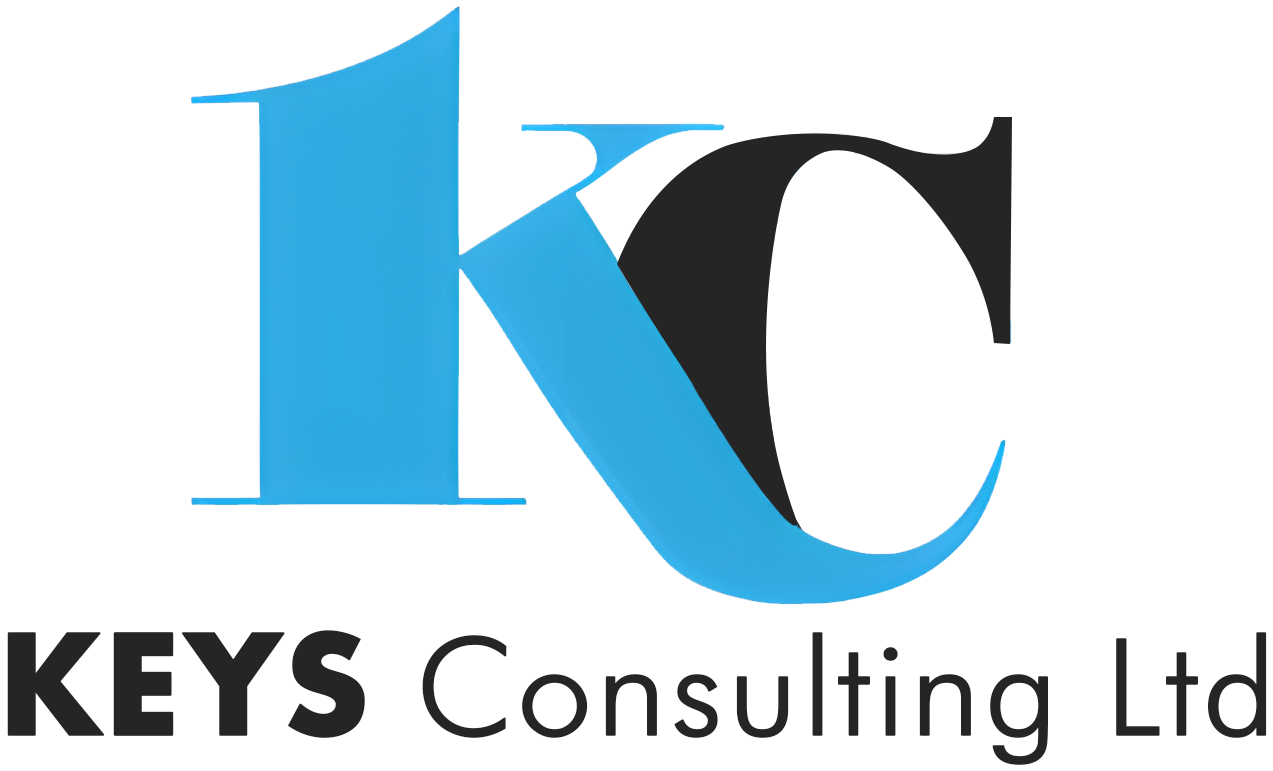Project & Development Management
Our Project & Development Management service takes the stress out of your build by expertly handling the entire project lifecycle. From strategic planning and assembling the right team to managing risks, schedules, and on-site progress, we’re with you every step of the way. With clear processes, structured timelines, and hands-on oversight, we ensure your project stays on track, on budget, and aligned with your vision—delivering results you can count on.


Delivering Projects with Precision & Purpose
We don’t just manage projects—we energize them. From motivating teams and guiding change to running dynamic risk management workshops and tracking performance at every stage, we ensure nothing is left to chance.
Our proactive approach includes a robust change control process, continuous progress reviews, and a structured methodology built around risk analysis and smart decision-making—all to deliver your project on time, on budget, and beyond expectations.
Your Vision, Brought to Life
At KEYS Consulting, we don’t just manage projects—we lead transformative change with precision and purpose. Project management is at the heart of delivering successful, one-of-a-kind outcomes, and we execute it with mastery.
By leveraging trusted industry frameworks like the RIBA Plan of Work, we ensure your project is expertly structured, strategically guided, and flawlessly executed—from concept to completion.


End-to-End Project Execution
At KEYS Consulting, we start by truly understanding what matters most to you—time, cost, and quality. From there, we craft a tailored strategic plan designed to meet your goals with confidence.
Through ongoing progress tracking and agile adjustments, we keep your project moving forward—efficiently, effectively, and always aligned with your expectations.
Discover the 3 KEYS Methodology
At KEYS Consulting, we understand that time, cost, and quality aren’t just metrics—they’re the drivers that define a project’s success. Through the 3 KEYS Precision Project Plan, we create a clear roadmap that keeps your project on track and fully in control.
- Time: We set realistic, structured timelines and monitor progress daily to avoid delays and maintain momentum.
- Cost: We protect your budget through rigorous cost control, value engineering, and transparent reporting.
- Quality: We uphold the highest standards through robust quality assurance protocols, clear specifications—delivering outcomes that stand the test of time.

Frequently Asked Questions
What is property development, and how does it work?
Property development involves buying land or buildings to construct, renovate, or repurpose them for residential, commercial, or mixed-use purposes. Developers typically:
1. Acquire land or property
2. Obtain planning permission if required
3. Secure funding through investors, loans, or personal capital
4. Construct or refurbish the development
5. Sell or rent the property for a profit
What are the main risks involved in property development?
Property development carries several risks, including:
• Planning permission issues (delays or rejections from local authorities)
• Construction cost overruns (due to material price increases or unexpected site conditions)
• Market fluctuations (affecting demand and property values)
• Delays in project completion (leading to higher financing costs)
• Legal and regulatory challenges (zoning laws, environmental concerns)
Proper research, budgeting, and contingency planning help mitigate these risks.
How do I get planning permission for a development?
To obtain planning permission, you must:
1. Submit a planning application to the local council.
2. Provide detailed architectural plans and impact assessments.
3. Address concerns such as traffic, environmental impact, and local objections.
4. Wait for approval (which can take weeks to months).
For larger developments, pre-application consultations with planning officers can help increase the chances of approval.
What are the key financing options for property development?
Property development financing can come from:
• Bridging loans – Short-term funding to secure land or begin construction.
• Development finance – Loans released in stages as the project progresses.
• Joint ventures (JVs) – Partnering with investors to share costs and profits.
• Private investors or crowdfunding – Raising capital from individuals or firms.
• Bank loans & mortgages – Traditional lending for larger-scale projects.
• The best option depends on project scale, risk, and available capital.
What are the most common types of property developments?
Property developments vary by scale and purpose, including:
- New-build housing (single homes or large residential estates)
- Commercial developments (office spaces, retail parks, hotels)
- Mixed-use developments (combining residential, retail, and office spaces)
- Buy-to-let projects (developing rental properties for income)
- Conversions and refurbishments (turning old buildings into new-use properties, such as office-to-residential conversions)
- Each type requires different planning, funding, and marketing strategies.
How can I maximize profit in property development?
To increase profitability, consider:
- Buying undervalued land/properties and adding value through planning and improvements.
- Efficient project management to avoid delays and cost overruns.
- Strategic location selection (high-demand areas yield better returns).
- Sustainable and energy-efficient designs (reducing long-term costs and attracting buyers).
- Pre-selling or securing tenants early to guarantee income before completion.
- Smart market research and cost control are essential for success.
What legal considerations should property developers be aware of?
Key legal factors include:
- Land ownership and title checks (ensuring no disputes or restrictions).
- Planning permission and building regulations compliance.
- Environmental impact assessments (especially for large-scale developments).
- Health & safety laws (ensuring site safety and liability coverage).
- Contracts with builders, suppliers, and investors to prevent disputes.
- Failing to address legal issues can lead to delays, fines, or even project cancellation.
How long does a typical property development project take?
Timelines vary depending on project complexity:
- Small refurbishments: 3–6 months
- Single new-build homes: 6–12 months
- Large residential developments: 12–36 months
- Commercial or mixed-use developments: 18+ months
- Factors affecting timelines include planning approvals, financing delays, weather conditions, and supply chain disruptions.
